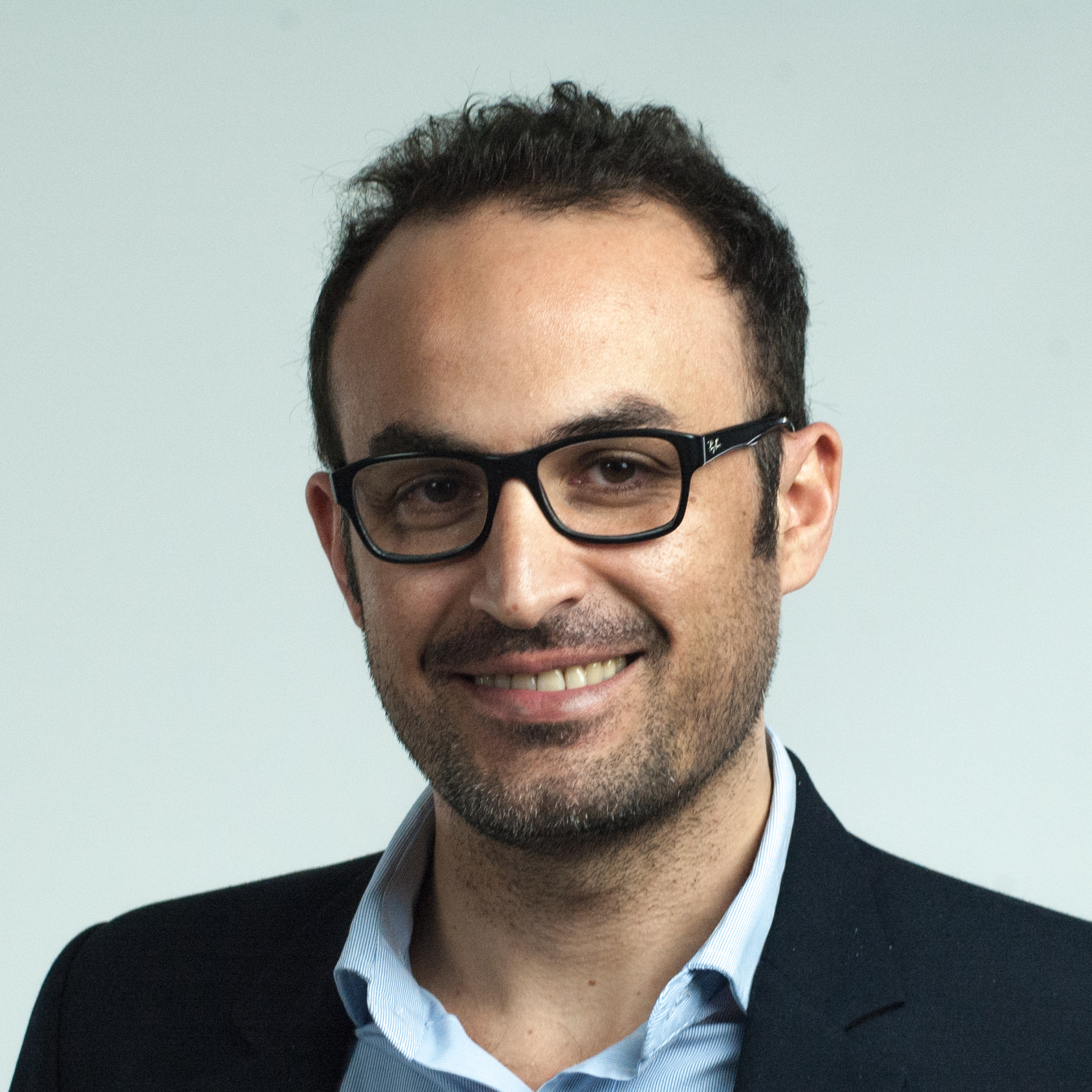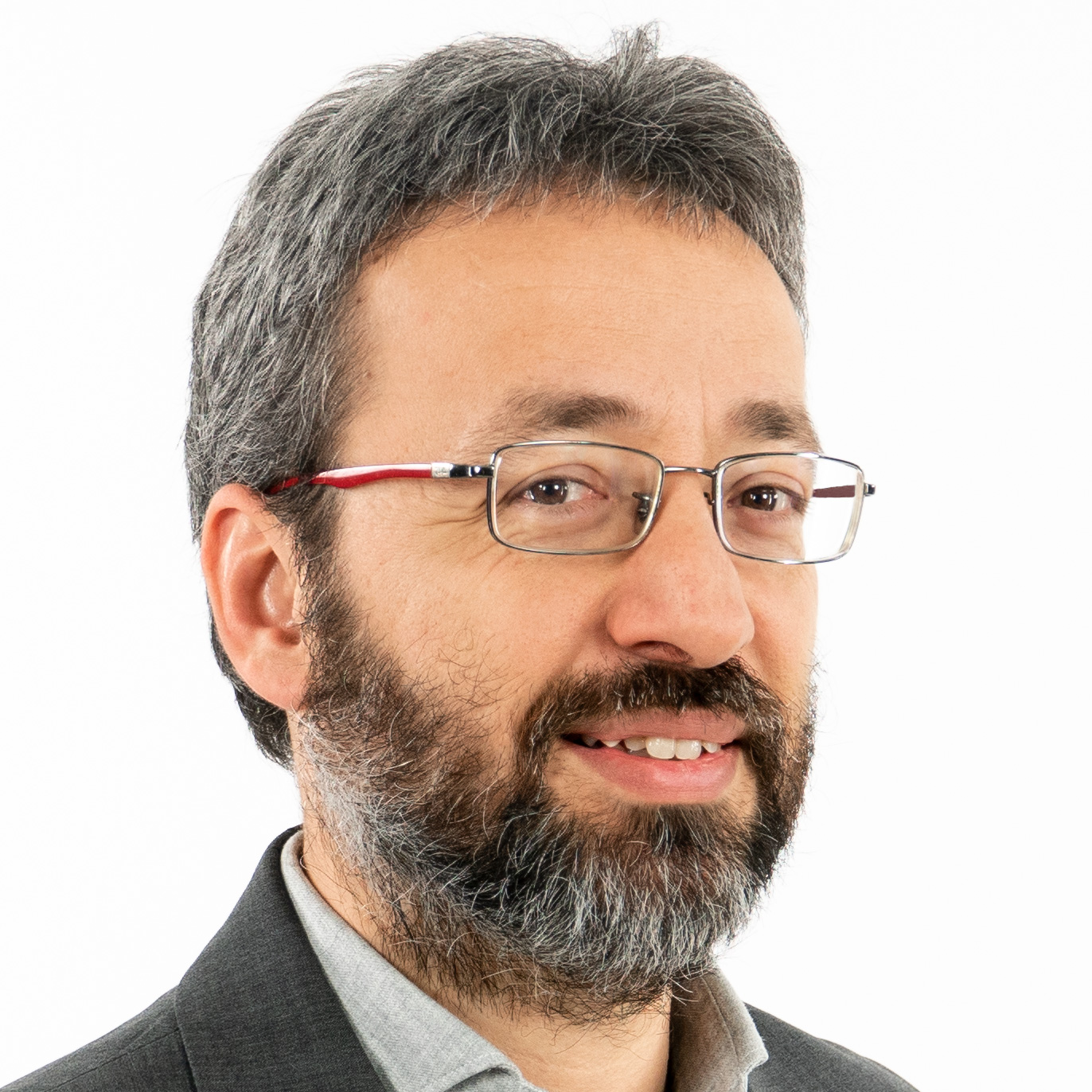Log in and enrol
Enabling policies for innovation in the Next Production Revolution
Enabling policies for innovation in the Next Production Revolution
A short introduction to enabling policies for innovation in the Next Production Revolution with a focus on energy and digital regulation.
Course description
The course is part of a series of Sprint MOOC addressing the Next production Revolution (NPR) paradigma, as new wave of technological innovation. It addresses people from anywhere in the world, from industrialized economies as well as from “developing countries” and particularly from Africa.
This specific course is related to the design of an effective regulatory framework for energy and digital markets that is crucial for the uptake of the Next Production Revolution.
It addresses regulation as an important element of public policy, including the identification of the main actors that can regulate a market, and the reasons why the regulation of energy and digital markets is crucial.
Furthermore, it investigates specific features in the energy field, where markets are characterised by large infrastructures for production, transmission and distribution, which makes economies of scale highly relevant. On the other hand, the new wave of digital innovation imposes a proper regulation system that is able to set effective data protection, a legal system that incorporates intellectual property protection and new principles and rules.
After taking this Sprint MOOC you’ll be able to identify what regulation schemes are most appropriate to enable innovation in energy and digital technologies.
Total workload of the course: 8 h
This MOOC is provided by Politecnico di Milano in collaboration with Politecnico di Torino

This series of Sprint MOOC is one of the main results of the Emerging african innovation leaders Program (G7 exchange & empowerment program for enabling innovation within the next production revolution).
Project partners:


Funded by:

Intended Learning Outcomes
By actively participating in this MOOC, you will achieve different intended learning outcomes (ILOs).
- Analyze the importance of regulatory frameworks in energy and digital markets, identifying the main regulatory actors and understanding their roles in enabling the Next Production Revolution (NPR). ( ESCO - EU law ) ( ESCO - energy market ) ( ESCO - information and communication technologies (ICTs) )
- Evaluate and compare specific regulatory challenges in energy markets characterized by large-scale infrastructures, economies of scale, and essential services such as production, transmission, and distribution. ( ESCO - energy market )
- Analyze the implications of digital innovation on regulatory systems, focusing on effective data protection, intellectual property rights, and emerging legal principles and rules for the digital economy. ( ESCO - comply with legal regulation ) ( ESCO - manage intellectual property rights ) ( ESCO - GDPR )
Prerequisites
No formal knowledge is required.
Activities
The forum of this MOOC is freely accessible and participation is not guided; you can use it to compare yourself with other participants, or to discuss course contents with them.
A Bibliography section is available, where you can find a list of resources that can help you in deepening the topics of the course.
Section outline
-
-
-
Week 1 is related to the analysis of the main regulatory policies that can be implemented in the Energy Markets, is focused on the role of the state and regulatory agencies for energy market regulation, their policy tools (mainly prices) to correct for excess market power and how regulation can be reconciled with the right incentives for investment and innovation.
-
Week 2 introduces some of the current legal issues facing the information and communication technologies (ICT) sector, with particular regard to the African context.
-
-
Bibliography Page
-
Assessment
Your final grade for the course will be based on the results of your answers to the assessed quizzes. You have an unlimited number of attempts at each quiz, but you must wait 15 minutes before you can try again. You will have successfully completed the course if you score a total of 60% (or higher) in each of the assessed quizzes.
The maximum score possible for each quiz is given at the beginning of the quiz. You can view your score in the quiz on your last attempt or on the 'Grades' page.
Certificate
You can achieve a certificate in the form of an Open Badge for this course if you reach at least 60% of the total score in each one of the assessed quizzes and fill in the final survey.
Once you have completed the required tasks, you will be able to access Get the Open Badge and start issuing the badge. Instructions on how to access the badge will be sent to your e-mail address.
The Badge does not confer any academic credit, grade or degree.
Information about fees and access to materials
You can access the course completely online and absolutely free of charge.
Course faculty

Carlo Cambini, Politecnico di Torino
Teacher
Carlo Cambini is Professor of Industrial Organization and Regulation at the Department of Management and Production Engineering of Politecnico di Torino and economic member of the Scientific Committee of the Florence School of Regulation, Robert Schuman Centre for Advanced Studies, Florence.
He has an extensive background in research focusing on industrial economics, regulatory economics and competition policy with a strong background in telecommunications, energy markets and transportation. He won the award as best Young Economist at the International meeting of the European Association of Researcher in Industrial Economics – EARIE (Lausanne, 2000). He is currently the chief economist at the Italian Transport Authority.

Pierluigi Leone, Politecnico di Torino
Teacher
Pierluigi Leone is Associate Professor at the Department of Energy of Politecnico di Torino in Italy where he teaches “Sustainable Energy”, “Thermal Design and Optimization”, “Global Energy Trends and Outlook”.
He is coordinator of the Massive Open Online Course – MOOC – “The strange paradox of the world energy question”. He was TEDx speaker at the
, on October, 2016. He is coordinator of the Task Force “Energy and Development” of Politecnico di Torino in collaboration with the Energy Center Initiative that is committed towards finding sustainable energy solutions for both urban and rural areas of developing countries.

Alessandro Mantelero, Politecnico di Torino
Teacher
Alessandro Mantelero is Associate Professor of Private Law, at the Department of Management and Production Engineering (DIGEP), and Council of Europe Rapporteur on AI and data protection. He is also member of the Internet Privacy Engineering Network (EDPS) and has served as an expert on data regulation for the Council of Europe, the UN–ILO, the EU-FRA, the UN-OHCHR, the European Commission, the American Chamber of Commerce in Italy, the Italian Ministry of Justice and the Italian Communications Authority.
He has held visiting appointments in several universities (Harvard, Oxford, Nanjing – NUITS, Universitat Oberta de Catalunya) and he is member of the editorial boards of Computer Law & Security Review and European Data Protection Law Review.
Contact details
If you have any enquiries about the course or if you need technical assistance please contact pok@polimi.it. For further information, see FAQ page.